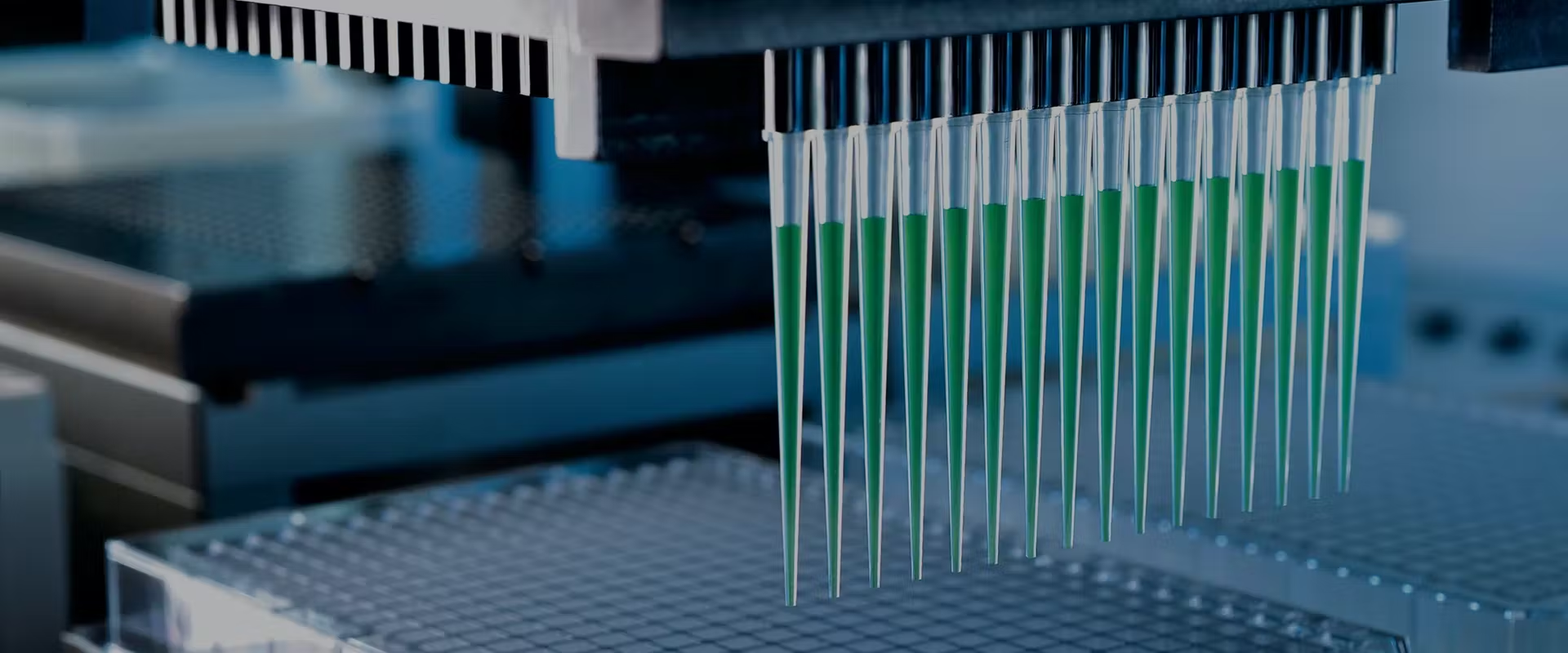From CSEMReviewed by Mychealla RiceOct 27 2022
DeckCheck™ for lab techs is a deep-learning vision system developed by CSEM and integrated in TECAN's Fluent® automated workstation. DeckCheck™ displays discrepancies such as missing plates or incorrectly loaded tip boxes and allows the operator to correct the situation.

Image Credit: CSEM
Laboratory workstations, whose liquid-handling robots automate complex workflows, still rely on the manual setup of labware. The inaccurate configuration of trays, tubes, and plates can result in ruined tests, broken kits, costly delays, and lost patient samples. Tecan set its sights on a digital solution for detecting mistakes with exceptional accuracy for any given workflow. CSEM was asked to develop a vision system powered by a deep learning algorithm for integration into Tecan's lab automation platform.
One-shot-learning, a New Deep-learning Comparison Method Used to Measure the Similarity and Difference Between Images
CSEM developed a completely new neuronal image comparison approach that can deal with vast variations in labware and decipher changes in illumination, reflections, and shadows. The DeckCheck™ system acquires and analyses images, flagging up discrepancies in labware objects and positions that it has compared to a reference image in under 1.5 seconds with 95% reliability, reducing risks and operators' workloads. The platform has been launched and its algorithm will also be valuable in other domains, such as quality control, security, and surveillance.
Play Video – Fluent Deckcheck™
Keeping Watch
Tecan has recently launch commercially DeckCheck™, its worktable recognition solution and are now ramping up their component and subsystem digitalization efforts towards intelligent automation.
“DeckCheck™ will strengthen Tecan’s Fluent platform by providing state-of-the-art assistance in setting up and verifying workflows. It is expected to significantly reduce user error, the cause of a substantial proportion of workflow crashes. This will contribute to a sizeable decrease in sample and consumable losses, thus yielding a positive environmental impact." Dany Chek, Senior Project Manager at Tecan.
The new algorithm's potential doesn't end there, however. CSEM has already used it for a project in the field of quality control for electronic components and envisages wider applications.
As Roger Limacher, Project Manager at CSEM, explains, “The neuronal image comparison approach is also highly relevant to sectors such as security and surveillance where you want to make sure that an object remains where it should be and understand what an image of the object will look like in different light conditions.”